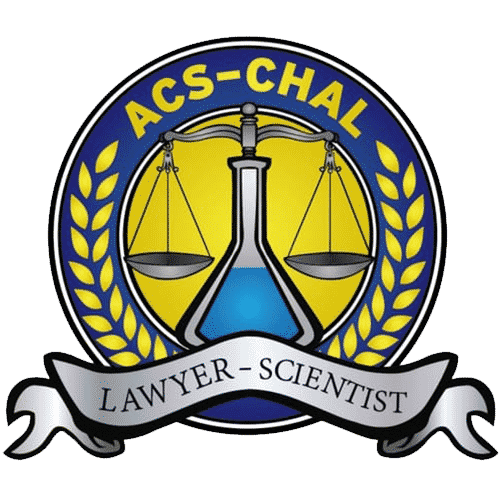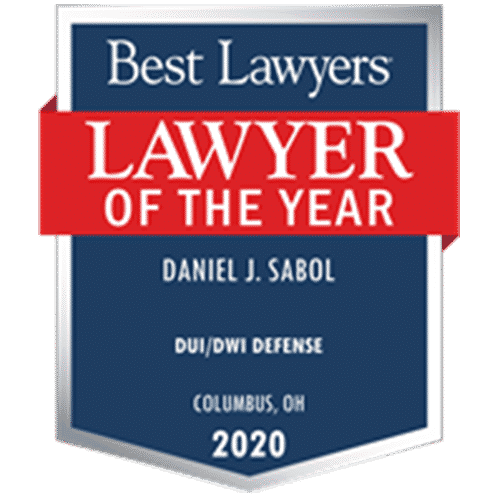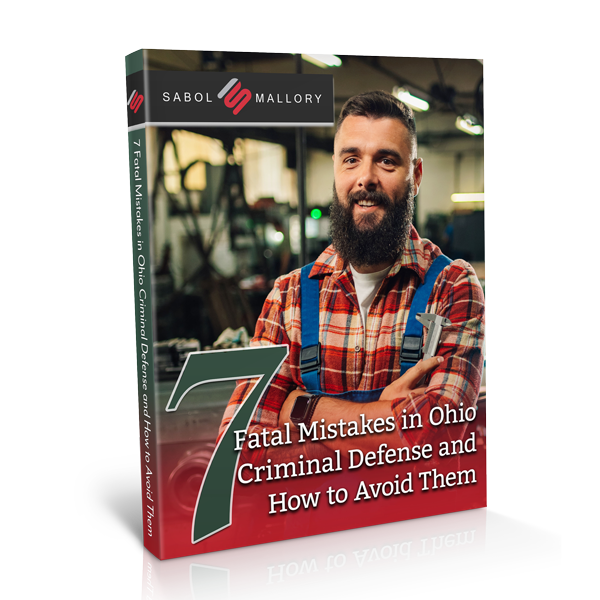Columbus Search and Seizure Attorneys
Do You Need Legal Help?
Do You Need Legal Help?







Learn what our clients have to say about the work of Sabol Mallory. If you have any questions or need legal help for a criminal charge, please reach out to us right away.


Learn what you should and shouldn't be doing to help your OVI case.

Dan is the first attorney in Ohio to be both board certified in criminal trial law by the National Board of Trial Advocacy and be designated as a Lawyer Scientist by the American Chemical Society.

Chase Mallory is a firm founder whom has tried over 40 cases and conducted more than 100 suppression hearings. He is a founding member of the DUI Defense Lawyers Association
Meet the lawyers who make up the legal team at Sabol Mallory LLC. Read their individual bios and get to know more about their education, experience and accolades.
Learn more about our teamWhen police officers are investigating any criminal offense, they are incentivized to try and collect and preserve all of the evidence relating to the case. Authorities often realize how important evidence is to the criminal cases, and there can be instances where officers may not acquire evidence legally.
The Fourth Amendment to the United States Constitution provides all people with the right to be secure in their persons, houses, papers, and effects. The right against unreasonable searches and seizures cannot be violated and no warrants can be issued unless they are based upon probable cause, supported by oath or affirmation, and describe the place to be searched and persons or things to be seized.
Were you arrested in Columbus following a search of your person, vehicle, or other property? You will want to be sure that your search was conducted lawfully, and you will want to retain legal counsel for assistance examining your arrest.
Sabol Mallory LLC can fight abuses of police power and work to prohibit any evidence that was illegally obtained. We can explore all of your legal options when you call (614) 300-5088 or contact us online to schedule a free consultation.
Drug crimes are undoubtedly some of the most common kinds of cases that people are the victims of illegal searches. When law enforcement suspects the controlled substances are located in a person’s home or vehicle, they will usually find a way to get access to those drugs even when they do not have a warrant.
Illegal search and seizure could also become an issue in other types of criminal defense cases. Authorities may violate a person’s Fourth Amendment rights in their investigation of an alleged theft crime, for example.
An illegal search is a very important development in a criminal case because it can often completely undermine the prosecutor’s case. If evidence was obtained through an illegal search and seizure, that evidence will no longer be admissible in court and the prosecutor rarely has any kind of backup evidence that will allow them to still prove an alleged offender’s guilt beyond a reasonable doubt.
History is filled with numerous landmark Fourth Amendment cases involving illegal searches. In Weeks v. United States, 232 U.S. 383 (1914), the United States Supreme Court unanimously held that the warrantless seizure of items from a private residence constitutes a violation of the Fourth Amendment.
In Mapp v. Ohio, 367 U.S. 643 (1961), the United States Supreme Court ruled that evidence obtained in violation of the Fourth Amendment cannot be used in state prosecutions in state courts or federal prosecutions in federal courts, which was previously the law. This case caused the Supreme Court to wrestle with when to apply the exclusionary rule.
While the Fourth Amendment is powerful in its warrant requirement, warrants are not necessarily required for all searches. For example, no warrant is required for any search conducted in connection to a lawful arrest.
Secondly, no warrant is required when a person consents to a search. For this reason, you should always refuse to consent to any search of your person or property.
Another common exception is the “stop and frisk,” under which an officer can pat down a person’s outer clothes to search for weapons when there is a reasonable suspicion. The stop and frisk search should not, however, extend into a person’s pockets unless an officer feels a weapon in the pocket.
Officers also do not need a warrant for and evidence of criminal activity that is in plain sight. When a police officer is engaged in a traffic stop, the odor of marijuana is commonly cited as giving the officer probable cause to search the vehicle.
The automobile exception is always a thorny issue in most searches. The same exception broadly applies to most other vehicles, as police officers only need probable cause to believe a vehicle contains evidence of a crime to search a car, truck, boat, or any other type of vehicle.
Another common exception to a warrant is when an alleged offender is caught in hot pursuit. During emergency situations, police can enter property without a warrant when they believe evidence could be destroyed.

Amendment IV | National Constitution Center — The National Constitution Center is the first and only institution in America established by Congress to “disseminate information about the United States Constitution on a nonpartisan basis in order to increase the awareness and understanding of the Constitution among the American people.” Visit this section of the website to learn more about the Fourth Amendment. You can also read two articles: What The Fourth Amendment Fundamentally Requires by Barry Friedman and The Future Of The Fourth Amendment by Orin Kerr.
What Does the Fourth Amendment Mean? | United States Courts — Visit this section of the federal United States Courts website to learn more about the Fourth Amendment. The website discusses how the amendment applies to your home, your person, and your car. The webpage also cites numerous cases involving Fourth Amendment issues.
Telephone Technology versus the Fourth Amendment | American Bar Association (ABA) — View the full text of a May 2016 ABA article examining the impact of technology on the Fourth Amendment. The article examines five cases in particular, Katz v. United States (1967), United States v. Miller (1976), Smith v. Maryland (1979), United States v. Jones (2012), Riley v. California (2014). The article also discusses cell phones and cell site location information as well as cell site simulators.

Do I Need a Lawyer if I was Arrested?
Choosing a Criminal Defense Attorney
Should I Just Plead Guilty?
If you were arrested after a search of your person or property in the Columbus area, you should question whether that search was lawfully conducted. Sabol Mallory can conduct an independent investigation of your arrest and review how everything was handled.
If police violated your Fourth Amendment rights, then you can bet that we will fight to have all evidence against you thrown out. Call (614) 300-5088 or contact us online to receive a free consultation.
![]()
Sabol Mallory did an amazing job. I was very pleased with the outcome. They returned my calls and always went over everything with me. I would HIGHLY recommend them.